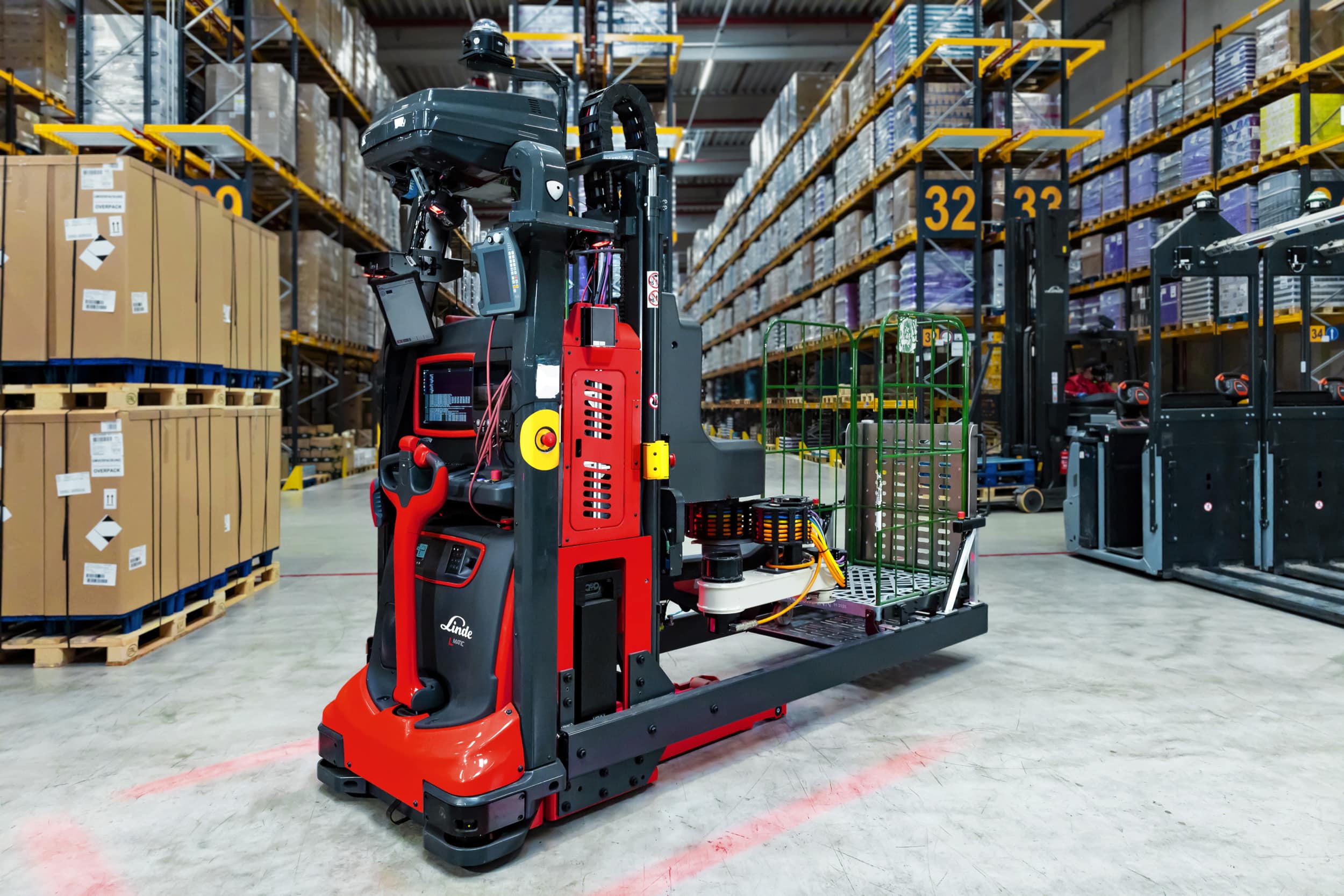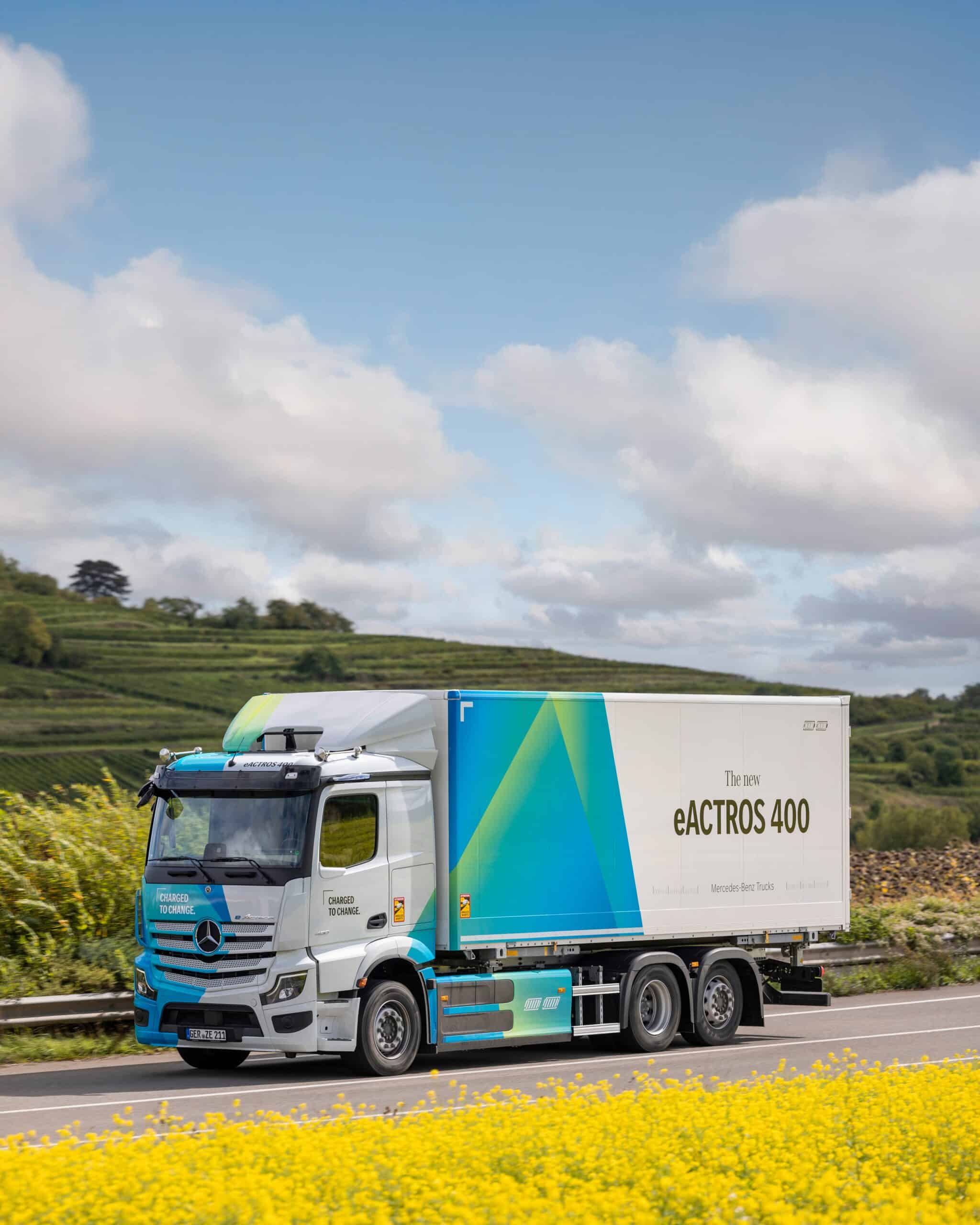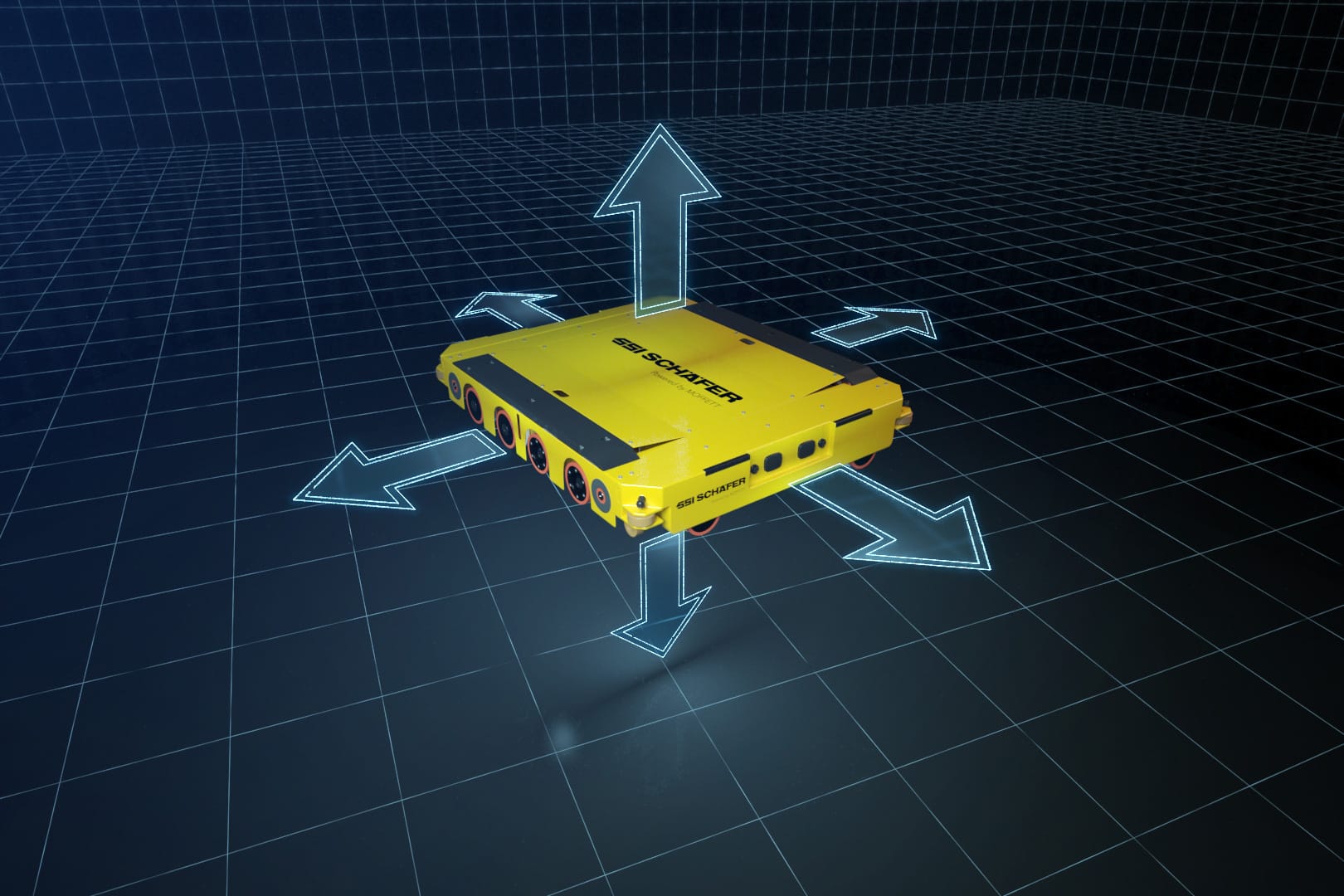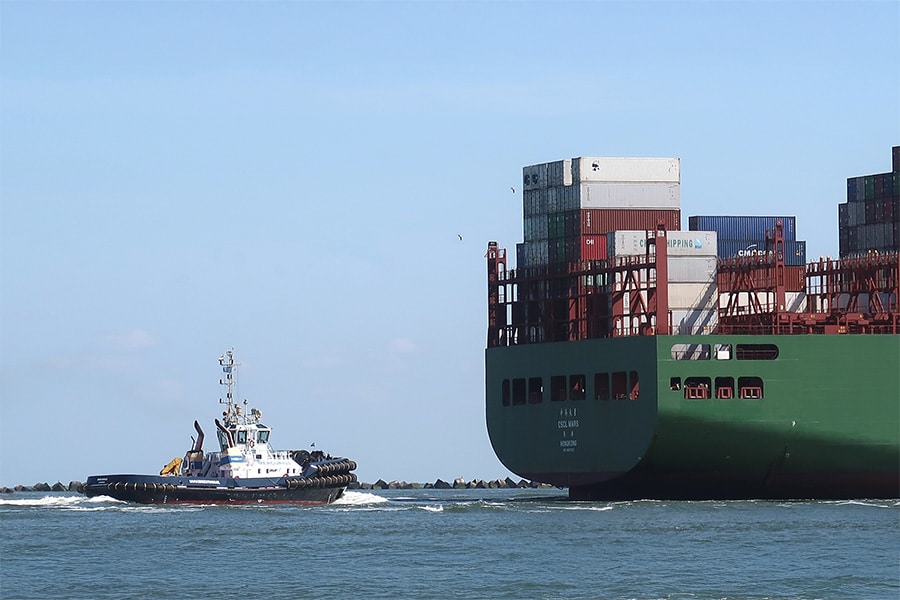
The future of trade and logistics: opportunities, bottlenecks and chain direction
The logistics industry is in a state of flux. International trade, geopolitics, energy transition and technological innovations are putting global pressure on supply chains. At the same time, there is a growing need for closer cooperation between science, business and policy makers to keep the Netherlands future-proof as a leading logistics hub. Prof. Albert Veenstra, professor of International Trade and Logistics at the Rotterdam School of Management, shares his insights.

Can you briefly outline your current area of work?
"Sure. I am Professor of International Trade and Logistics at the Rotterdam School of Management and Senior Program Manager at UPT BV, Erasmus University Rotterdam. My focus is on the logistics that facilitate international trade flows. My research interests include the impact of tariffs, the energy transition within shipping and logistics, and changes in the balance of power in the container chain."
What are the biggest current developments in your field?
"The tariff war, especially between the U.S. and China, is creating great uncertainty in global trade flows. The energy transition is also changing the way goods are transported and new flows are emerging, such as ammonia and methanol. In addition, the role of large shipping companies has changed; they increasingly integrate chain activities and dominate terminals and forwarding. With their dominance, they create disruptions in ports, such as the congestion in Rotterdam. This is more serious than we thought, as can now be seen by the lagging throughput compared to Antwerp."
Why does Rotterdam suffer more than Antwerp?
"In Rotterdam, we are facing complex transitions. The ECT terminal is losing customers to other terminals such as APM and RWG, so it has scaled back its operational capacity. At the same time, expansions at those terminals have not yet been realized, while container throughput is growing somewhat. This is causing a capacity crisis with great pressure on space and personnel."
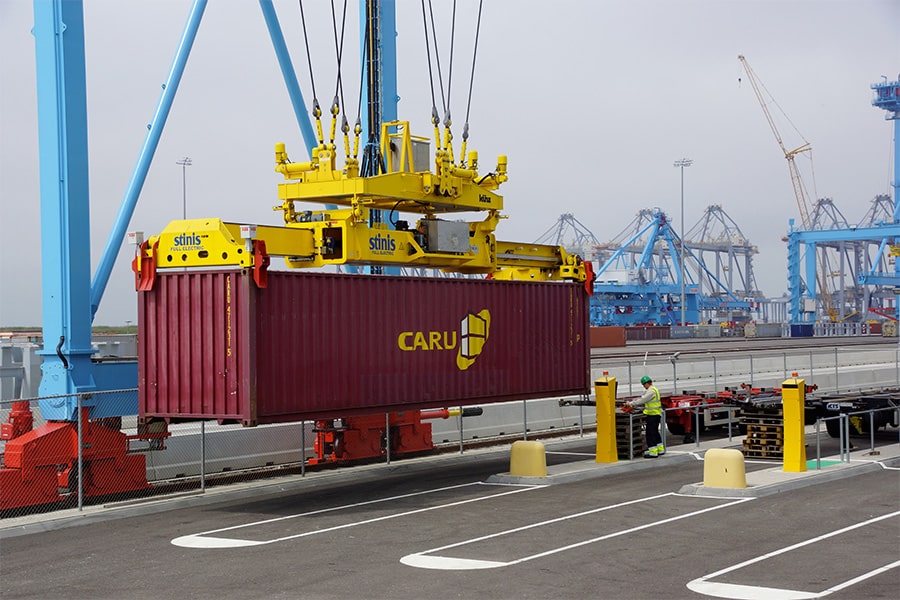
What is the impact of protectionist measures, such as those taken by the US?
"These are based on old-fashioned trade thinking that ignores the existence of supply chains. Tariffs then lead to all sorts of unexpected effects such as fluctuating trade flows and inventory build-up. For the logistics industry and for science, this makes it extremely difficult to make reliable forecasts."
What does this uncertainty mean for warehousing?
"Uncertainty always leads to more stockpiling: companies fill their warehouses as a precaution. We saw this during COVID-19 and are seeing it again now. As a result, warehouses remain overcrowded, despite efforts to perfect just-in-time logistics."
How do you advise the industry and policymakers on this?
"We monitor developments such as port employment and strategic trends, such as Chinese influence in the maritime sector and cyber security. Our work often sits between consultancy and scientific research. A current example is the impact of all kinds of new EU regulations on international supply chains and logistics."
Inland shipping is facing infrastructure problems. What exactly is going on there?
"The industry consists of small, often internationally staffed companies. Problems such as bridge and lock collisions are caused by language barriers, fatigue, complex sailing rules and technological ignorance. We help think of solutions in the areas of education, craftsmanship and technology integration."
What role does customs play in the Netherlands' position as a logistics hub?
"The Netherlands has always had a strong position thanks to efficient customs processes, which meant that international flows of goods went easily through Dutch warehouses. New customs rules since 2016 make this more complex, which affects the attractiveness of the Netherlands."
Should we be critical of the Netherlands' role as a logistics hub?
"Absolutely. We need to think about what logistics we want to facilitate. High-value logistics, such as those of flowers, refrigerated products and hazardous materials, should be cherished. Low-value logistics, such as bulk e-commerce, yield little and require labor-intensive processes without high added value."
How is the energy transition affecting the logistics sector?
"Very far-reaching. There will be pressure to transport new fuels such as hydrogen and ammonia. At the same time, electrification of road transport leads to other logistics requirements, such as loading docks at warehouses. Electrification is moving faster than thought, which is now leading to grid congestion; a big problem because new warehouses often run out of power capacity."
Could the industry have foreseen this congestion?
"Not really. Electrification accelerated unexpectedly because of developments at vehicle manufacturers and policy incentives. Grid operators are working hard on solutions now, but upgrades take years."
Is energy management playing a bigger role within warehouses?
"Definitely. Often warehouse owners are real estate developers with no involvement in logistics operations. There are initiatives such as in-house solar parks, but a structural solution requires closer cooperation between real estate parties, logistics providers and energy producers."
You talked about the need for better understanding of supply chains among policymakers. Can you elaborate on that?
"Policies such as EU deforestation legislation affect supply chains, but are developed when there is no real understanding of chain structures. For example, palm oil is stored mixed, and administratively separated, but regulations require physical separation. Such measures cause major logistical bottlenecks. We therefore try to provide insight into how chains really work and advocate for better dialogue with policy makers."
What should the industry do to better reach policymakers?
"Logistics companies need to explain much more explicitly that they are links in chains. Policies often do not directly affect their own operations, but have enormous impact through chain effects. Without that awareness, inefficient rules arise that disrupt supply chains."
